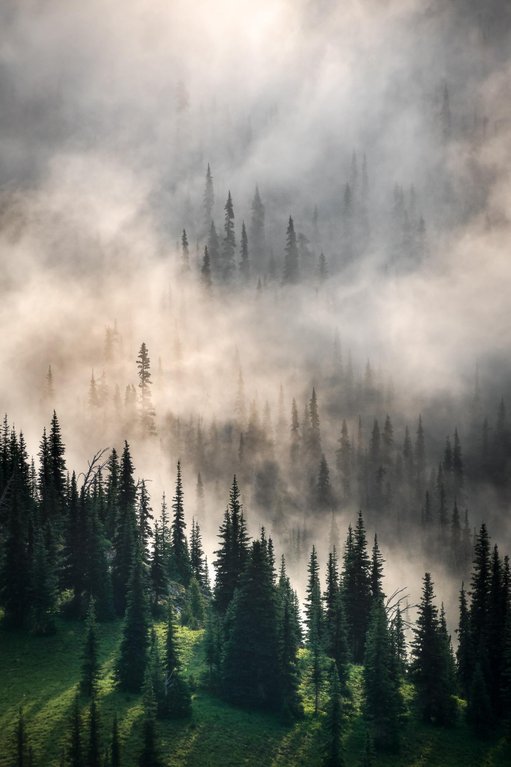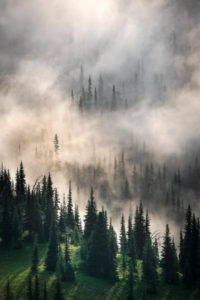
/
RSS Feed
In early fall I went up to British Columbia and met with Seaweed. This is a partial record of that meeting. We discuss learning/reading, history (specifically Montreal and Vancouver in the 80s), John Zerzan and Green Anarchy magazine, and more.
“It all has to go” – MW 1982
Politics as personal attack (ancom vs green), complicated French nationalism in Quebec, anarcho-liberals and municipal libertarianism, pragmatists, koans.
A wonderful conversation about how much has been going on in @Canada over the past 40 years.
(1678)



7 Comments
It’s neat hearing fellow anarcho-cynicalists rap about the movement. I have been an observer/participant in it since the 70’s mostly in the Kichener/Waterloo and Toronto milieux. (I think the European metal shop guy mentioned was Art Bertell.) It’d be good to dialogue more but this medium is a Tower of Babble, like i can’t even put names and faces to the people talking here (maybe if my memory was better). Security culture in this era of blatant fascism is important but quite a damper..
Hey Stu.
You are right, Art Bartell was the name of the anarchist metal shop owner who was extremely generous in funding anarchist projects. I hope other anarchists today are doing the same-sharing their money in a spirit of mutual aid with comrades.
The conversation with Aragorn! wasn’t about the history of anarchism in Canada. It was more about tracing the trajectory of my outlook. There was a ton of other projects and individuals involved that I didn’t mention. I believe that you had some involvement with an anarchist land project for instance. Whispers of this effort were part of the reason that many of us younger anarchists at the time didn’t feel as isolated as we might have.
And, of course, this is my perspective-others might correct me on facts and/or have a completely different perspective of events of the time.
What happened to the interview with Stevphen Shukaitis? Also the last interview with Isaac Cronin? Y’all deleted them before I could listen. 🙁
I’ve really enjoyed the histories shared, personal and political, throughout the episodes of this podcast.
I’m forty years old and have been active in u.s. anarchism since my early twenties; much of that activity outside of networks, scenes, milieux, or what have you.
I’ve gotten more and more heavily involved in regional and long term projects. This broader focus is because this world lacks the context and infrastructure necessary for the life and anarchy I’d prefer to be living.
Many of the comrades my age, coming up through activities with me are still committed though the particulars of our lives and activities change.
Comrades over thirty seemed a rarity a decade ago. Though maybe only a rarity in our projects.
We’ve been talking regularly about trying to reach out to older comrades and find out what they’ve been up to, understanding why we haven’t been present for each other, and what needs to change to become relevant and active together.
I’ve always felt like there were historical gaps that lead to beginning again and again, isolation, and a sense of loss both in losing direction and losing a shared imagining of time to the mechanical monotony of the dominant system. I think finding comrades who left projects and scenes and inviting them to reconnect could offer us all a future and a past. People perceived to have “dropped out” can become people who stored up and laid in wait.
If we could make space for each other including those who “retired”, those who never quite vested a position to begin with, and those of us who have kept at the same work though we’ve always wanted to abolish work, we might find new opportunities in thrice the numbers and diversity of perspectives.
Hey Aragorn!
I have heard you few times referencing The Brilliant episode with Seaweed, where you discuss PAZ and stuff. But there is just this one, without mentioned content.
I would love another episode with seaweed!
I’m only 3/4 of the way through this episode but love it already. Probably a lot of us, like Seaweed, came into anarchism having vague faith in the collectivity/the masses to organize for change. I know I did.
I live in Toronto now, in my forties, and loved the part where Aragorn and Seaweed talk about Toronto as a concrete landscape limited by its geography, and by its humourless leftist activists devoted to the grind. It is still like that. There are few possibilities for anarchists other than a) getting involved with whatever leftist and reformist campaigns present themselves and b) finding like-minded friends with whom to lead a more joyful and free life. The latter is hard because Toronto is so expensive and everybody needs to work far too much in order to organize their life around friendships and/or freedom.
Loved hearing the references to Kick It Over and Direct Action and Jim Campbell at the Survival convergence. I wasn’t around then but interacted with Toronto anarchists from that era when I first discovered anarchism, as a southern ontario teenager in the late nineties.
This episode is great because it sketches anarchist history in kkkanada since the 80s in a way that recognizes the different strains and silos instead of just speaking from and to one particular strain and silo.
I would love to hear more life stories form anarchists… how they developed, what they did, where they lived, what they learned along the way.